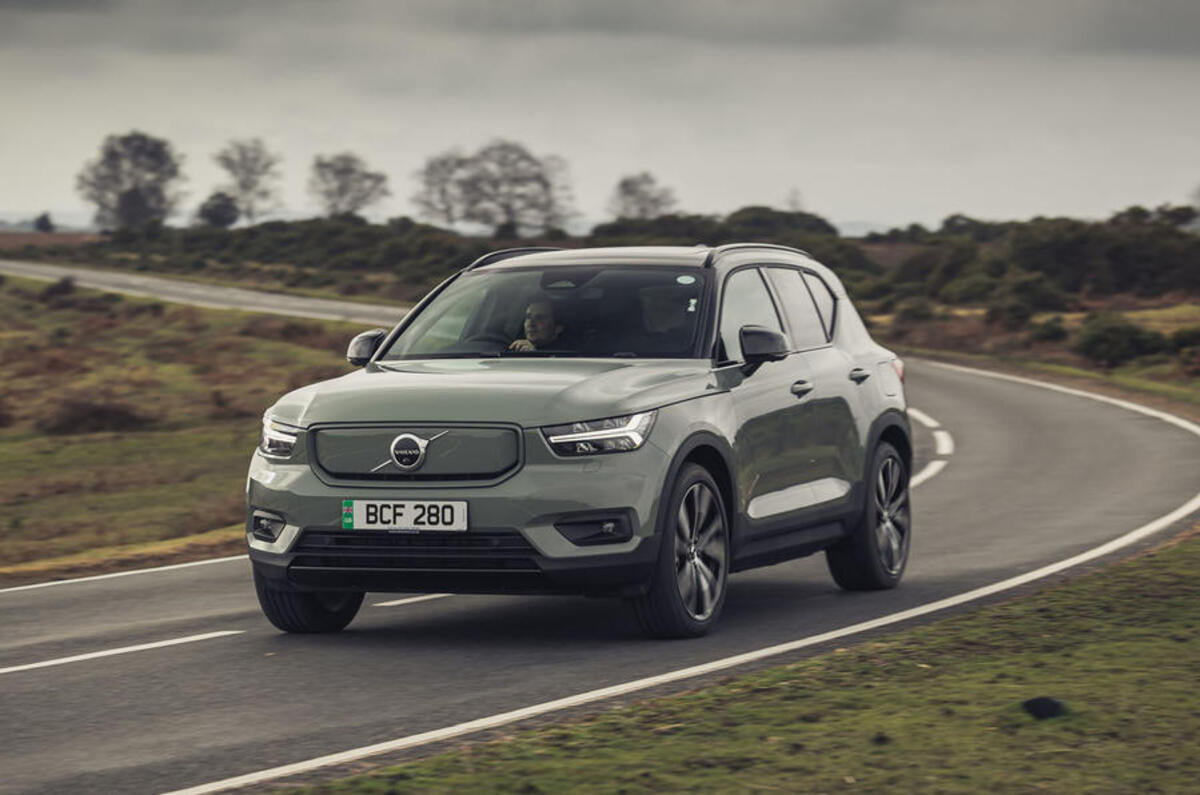Volvo’s revenue increased 30% year-on-year in the third quarter of 2022, despite a drop in sales impacted by ongoing supply issues and lockdowns in China.
The Swedish manufacturer, owned by Chinese automotive giant Geely, sold 138,000 cars from July to September, representing a retail sales decrease of 8% - down from 150,000 units in Q3 2021.




Add your comment